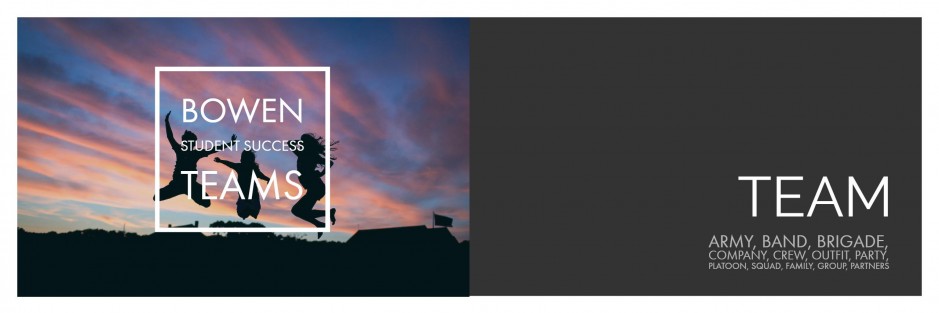When incoming students arrive for First Week, their undergraduate grade point average and LSAT score become old news. At that moment, students need to quickly harness or develop the skills necessary for success in law school—the ability to manage the heavy law school workload, the motivation to work hard, and the ability to study and perform an effective legal analysis.
Our Bowen Student Success Program for 1Ls, which includes First Week and Student Success Teams, is designed to help you develop autonomous, reflective learning skills needed to succeed in law school, on the bar exam and in law practice.
Student Success Teams at Bowen
Student Success Teams are groups of four to six entering students who use cooperative learning strategies to achieve common goals. Achieving these goals enables students to be independent, autonomous learners; active, engaged members of the law school community; and mindful with healthy strategies for coping with the rigors of a law school education.
Team members meet for ninety minutes per week with the guidance and support of a carefully trained and supervised upper-division student known as a Bowen Fellow. Success Team members implement the Bowen Fellows lesson plan and hold each other responsible for group work and efficient use of the team’s time.
Success Teams earn Bowen Student Success Points for active engagement during their first semester. Points are awarded based on academic achievement, law school community engagement, and participation in health and wellness activities. The team with the highest point total is honored at the annual Bowen Awards Banquet as the Student Success Team of the year.
